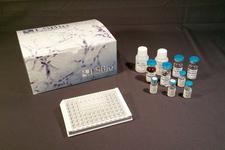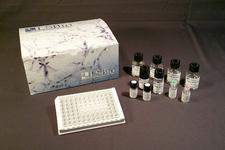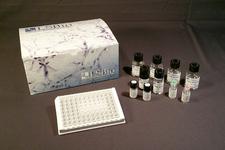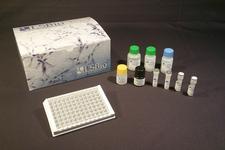order histories, retained contact details for faster checkout, review submissions, and special promotions.
Forgot password?
order histories, retained contact details for faster checkout, review submissions, and special promotions.
Location
Corporate Headquarters
Vector Laboratories, Inc.
6737 Mowry Ave
Newark, CA 94560
United States
Telephone Numbers
Customer Service: (800) 227-6666 / (650) 697-3600
Contact Us
Additional Contact Details
order histories, retained contact details for faster checkout, review submissions, and special promotions.
Forgot password?
order histories, retained contact details for faster checkout, review submissions, and special promotions.
CD66a / CEACAM1
carcinoembryonic antigen-related cell adhesion molecule 1 (biliary glycoprotein)
CD66a / CEACAM1 encodes a member of the carcinoembryonic antigen (CEA) gene family, which belongs to the immunoglobulin superfamily. Two subgroups of the CEA family, the CEA cell adhesion molecules and the pregnancy-specific glycoproteins, are located within a 1.2 Mb cluster on the long arm of chromosome 19. Eleven pseudogenes of the CEA cell adhesion molecule subgroup are also found in the cluster. The encoded protein was originally described in bile ducts of liver as biliary glycoprotein. Subsequently, it was found to be a cell-cell adhesion molecule detected on leukocytes, epithelia, and endothelia. The encoded protein mediates cell adhesion via homophilic as well as heterophilic binding to other proteins of the subgroup. Multiple cellular activities have been attributed to the encoded protein, including roles in the differentiation and arrangement of tissue three-dimensional structure, angiogenesis, apoptosis, tumor suppression, metastasis, and the modulation of innate and adaptive immune responses. Multiple transcript variants encoding different isoforms have been reported, but the full-length nature of all variants has not been defined.
| Gene Name: | carcinoembryonic antigen-related cell adhesion molecule 1 (biliary glycoprotein) |
| Family/Subfamily: | CEA , not assigned-CEA |
| Synonyms: | CEACAM1, Antigen CD66, BGP1, Biliary glycoprotein 1, CD66a, BGP-1, BGP, BGPI, CD66a antigen |
| Target Sequences: | NM_001712 NP_001703.2 P13688 |
Publications (5)










If you do not find the reagent or information you require, please contact Customer.Support@LSBio.com to inquire about additional products in development.










